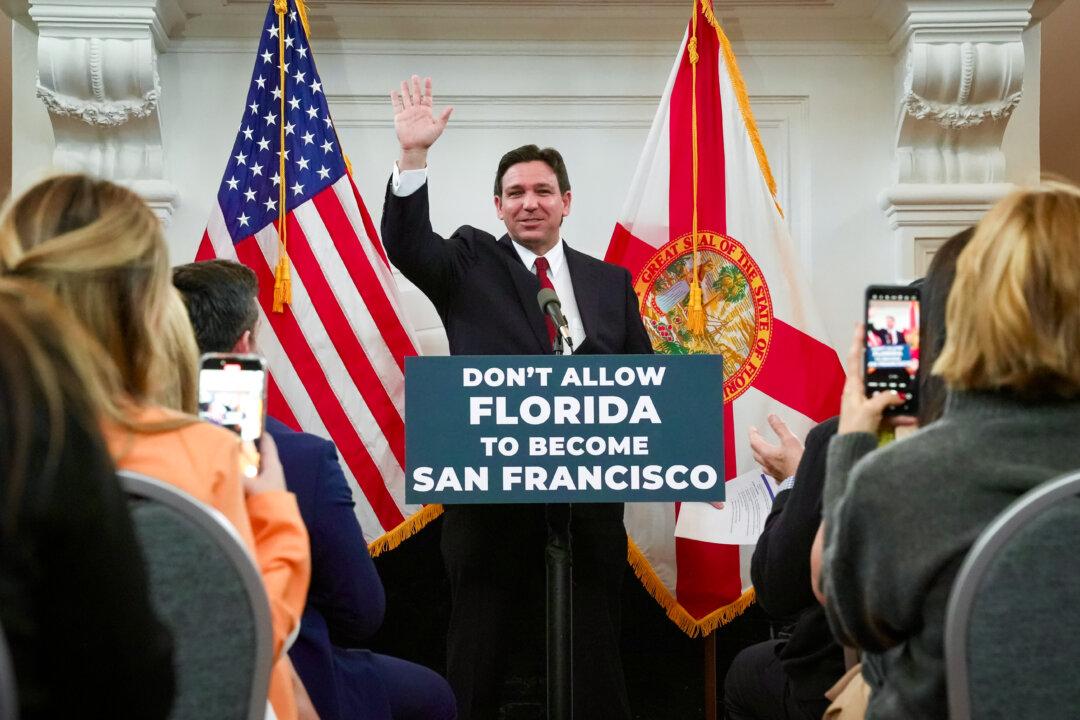The University of Florida’s scrapping of diversity, equity, and inclusion (DEI) programs and initiatives at the beginning of March has fueled a national controversy and led the National Association for the Advancement of Colored People (NAACP) to urge prospective students not to attend public universities in the state.
Despite the controversy, DEI programs involving bias training—and the hiring and promotion of minority instructors, executives, and staff—are still big business, not just in the United States but around the world.





